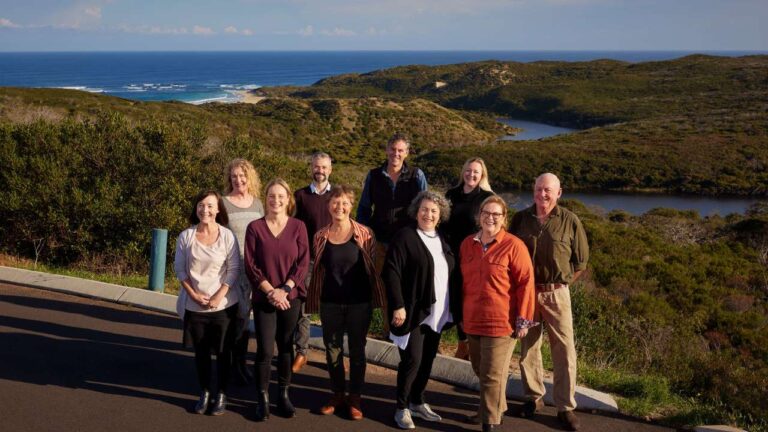Australian destinations recognised for global tourism sustainability standards ahead of World Environment Day (5 June 2022).
Destinations across Australia are driving a national shift toward sustainable tourism, with two regions this week announcing they have achieved ECO Destination Certification with Ecotourism Australia – just in time for World Environment Day.
The Central Coast of New South Wales and the Augusta Margaret River Region of Western Australia are the latest destinations to achieve the globally recognised standard, following Queensland’s Port Douglas Daintree region, which was certified in 2019, and New South Wales’ Coffs Coast, which was certified in 2021.
The achievement, which doubles the number of ECO certified destinations in Australia, shows the industry is committed to putting the needs of the local community and environment at the fore, and meeting the increasing demand for sustainable travel options.
The ECO Destination Certification program, developed by sustainable tourism peak body, Ecotourism Australia, uses the international Green Destinations framework, recognised by the Global Sustainable Tourism Council, to assess a destination across approximately 100 core criteria. Destinations are then audited onsite by a verified, independent auditor.
Ecotourism Australia CEO, Elissa Keenan, said it is a huge achievement for Central Coast and Augusta Margaret River and was significant both regionally and for Australia’s reputation as an international leader in ecotourism.
“We are delighted to see these two beautiful destinations achieve this significant milestone, and we recognise the amount of work that the local councils, regional tourism organisations and community have undertaken to receive their certification,” she said.
“ECO Destination Certification is a whole-of-destination commitment, assuring travellers that these regions are on a journey of constant improvement in their sustainability practices, as well as providing high-quality nature-based experiences for visitors.”
Ms Keenan also acknowledged the support of WWF-Australia in funding the Central Coast on their certification journey through their bushfire recovery funding and Ecotourism Australia partnership.
“This is the second region in Australia to achieve ECO Destination certification through our partnership with WWF-Australia, following the devasting bushfires of 2019-2020. We are proud to work with WWF-Australia to help affected destinations build back better.
“The importance of nature-based and sustainable tourism experiences has never been more relevant. In 2019 we know Australia’s ecotourism industry directly employed more than 14,000 people and contributed an annual revenue of at least $1.6 billion.
“With borders well and truly open and our industry on their path to recovery, we know both domestic and international travellers will be seeking the outdoor, nature-based experiences Australia is famous for,” she said.
In April, travel giant Expedia found that 90% of travellers say they now look for sustainable travel options when travelling, and 74% of consumers would choose a destination that is committed to the local community and culture, even if it was more expensive.
These findings are the latest of a growing number of reports with similar findings, from Booking.com’s annual Sustainable Travel Report to an American Express study on global trends.

Augusta-Margaret River stakeholders